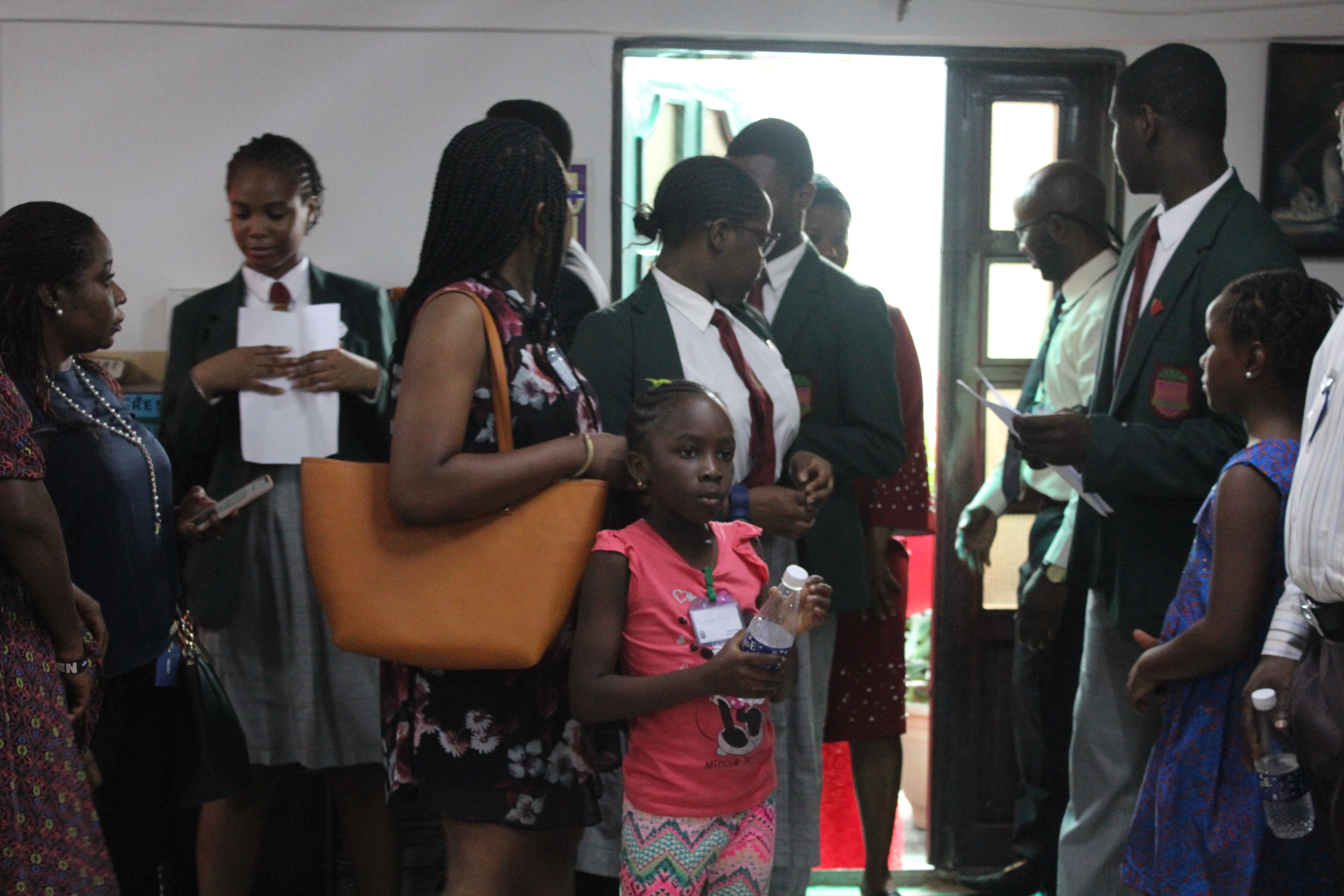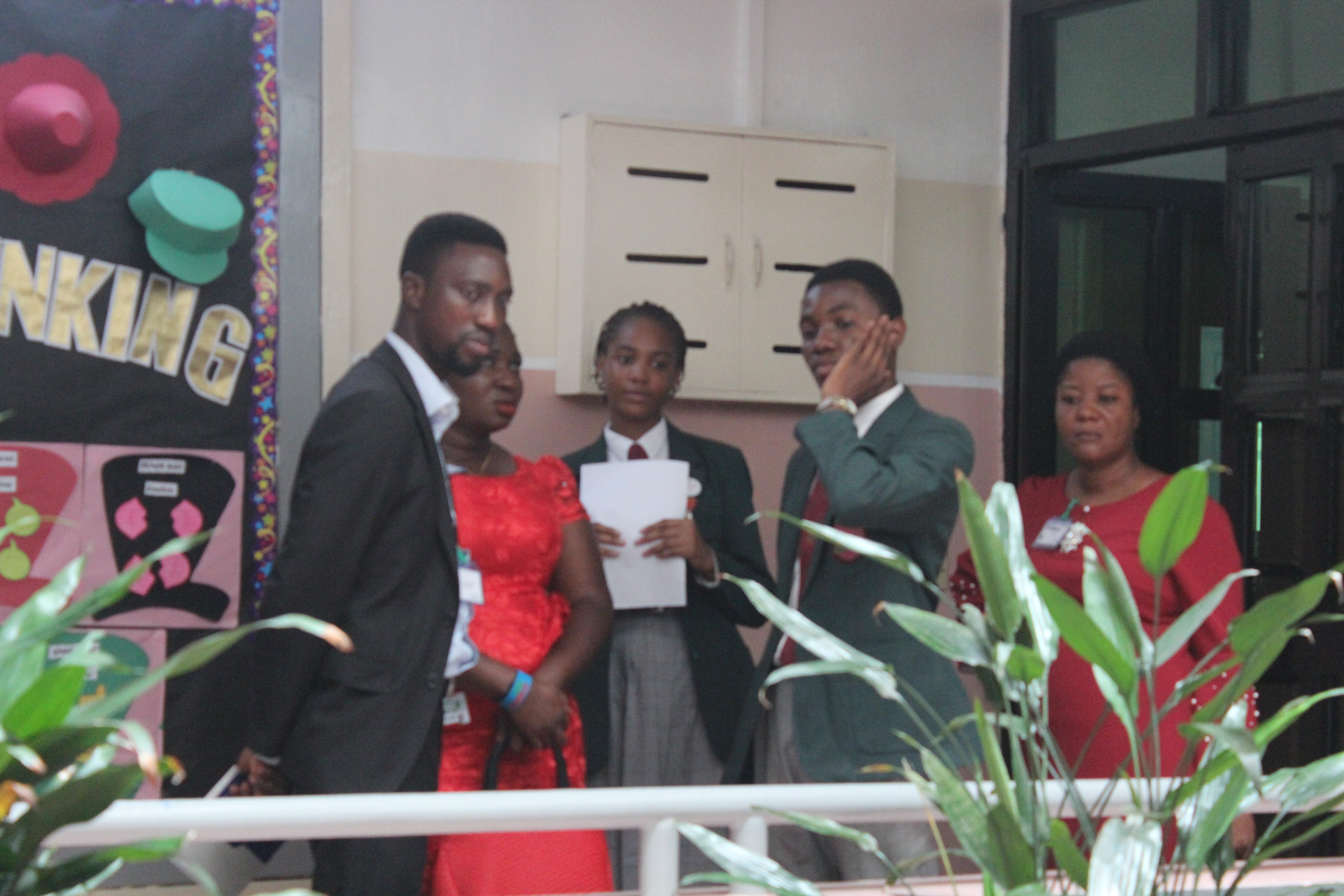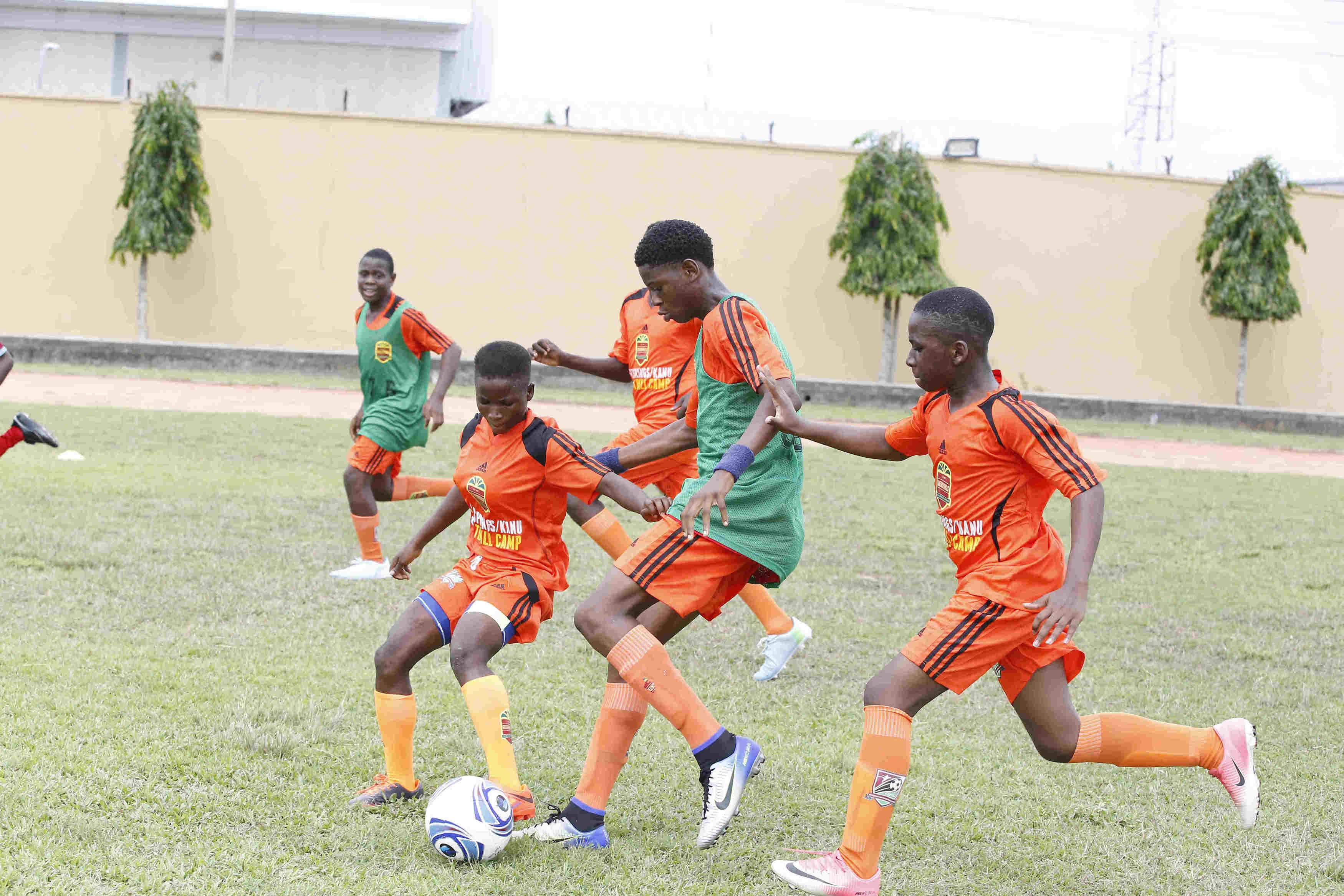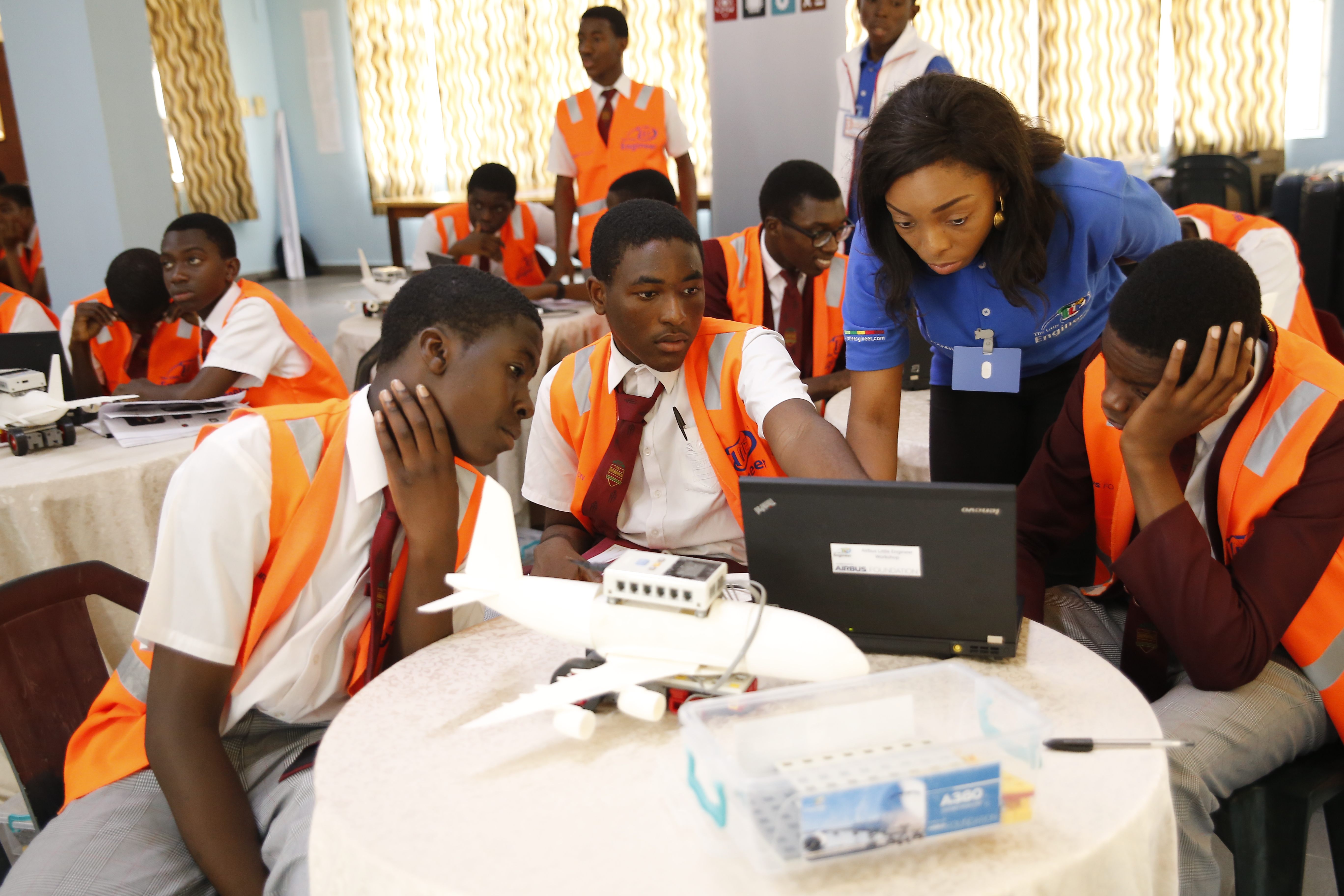Introduction
It is always a stressful process for parents when it comes to choosing a secondary school for their children. By the time students are in year 6, most parents are usually agitated about the choice of secondary school.
Often times, they are quick in making irrational decisions without considering several factors. It is important for parents to visit schools of interest and ask some critical questions before selecting a secondary school in Nigeria.
While trying to choose a secondary school, most parents reflect on what is important to them in terms of their child’s education. When you visit a secondary school to make inquiries about your child’s admission, you want to be sure that you are making the best decision, you want to be certain that you are choosing a school that will suit your child’s personality, shape and gifting' s. More often than none, you want a school that will give him/her the best possible life start.
Why is secondary school important? What role do you play as parents in choosing the right secondary school for your children, questions you should ask when visiting secondary schools in Nigeria? All this will be answered in this article.
What are the questions parents should ask when visiting secondary schools in Nigeria?
Here are five questions to ask when visiting secondary schools in Nigeria;
What is your school philosophy or vision?
It’s essential to find out what a school’s philosophy or vision is. You want to make sure this is in line with your own educational beliefs. Often, a school’s philosophy is shown in its mission statement (for more information, see Greensprings school as a guide)
Of course, as parents you should also find out how the school’s philosophy is implemented in practice. What are the students taught in the classroom, this is a question you should ask.
Major questions to ask:
- What are the key elements of your school philosophy?
- How do these fit with your school’s mission statement?
- How are they applied in the classroom and school community?
2. What curriculum do you offer?
Another major question as parents when you visit secondary schools of your choice is to discover the type of curriculum the school offers. Find out what the curricular guidelines and standards are at the school. Do not feel like you are asking a lot of questions.
Most schools are already prepared to answer questions pertaining to their institution – Remember they are trying to sell their service. Most secondary schools in Nigeria use a Nigerian curriculum. Other private secondary schools use either the British or the American curriculum.
Major questions to ask:
- Do you have a specific curricular approach, and if so, what is it? For instance, is it a Montessori, IB approach?
- How is your curricular approach integrated into the classroom at different levels of education?
3. How do you ensure a well rounded education?
There are so many schools that claim to offer well-rounded education in Nigeria. A school that embraces a well-rounded education is one that produces active and productive global citizens who are globally-aware and engaged 21st century citizens.
For this to happen, students in secondary school require opportunities to develop not just academics, but the skills mindset and moral standard needed for a successful career. In order for this to happen, schools need to provide a holistic education; one concerned with the growth of a student’s intellectual and social potentials.
Many secondary schools in Nigeria offer a wide range of extracurricular activities. This may cover sports teams, art, music, after school clubs and community services. For instance, a parent who knows her son is interested in playing football will want a school that has a soccer team.
Here at Greensprings school, we have students that who are currently in the under 15 Nigeria's national team and have also made international appearances. Some of Greensprings students have also made featured in the Olympics.
- What types of extracurricular activities do you offer?
- Are these activities included in tuition or do I have to pay extra for them? If they cost extra, how much?
- Do you spot talents in children? How are the talents developed?
4. How do you integrate technology into the classroom and curriculum?
As parents when you visit secondary schools of your choice in Nigeria, make sure you ask this question. We are in a digital economy, children in the 21st century are born in this space. Technology is becoming more pervasive in education. Many schools make use of computers, whiteboards, projectors and more to teach students. In secondary schools in Nigeria, some schools already are offering tech-based subjects such as programming, robotics, computer science etc.
It is important as parents to know how technology is actually used by students and teachers to improve the learning process. Greensprings school run a virtual learning environment that is accessible to parent, teachers and students. This helps both parents and teachers to monitor and track the progress of student. The platform is also an avenue for students to study beyond the classroom.
What kinds of technological resources do you possess? If any, in what ways do students have access to them? How is technology integrated in the classroom at secondary level of education? Do your offer any tech-based courses, and if so, which ones?
5. How can parents get involved in school life?
Parents might not think this question is essential. However, it is important to ask the secondary school you visit about the activities they have for parents. Family members play a huge role in their children’s education. In addition to assisting in finding the right school, many get involved in their children’s day to day school life, by helping out with school work, by volunteering in the classroom, serving on parent committees. Children learn best when their parents are involved in their education. As parents you should pick a school that offers opportunities to take part in many of the school activities.
Major questions to ask:
What opportunities are there for parents to get involved? Is there a parents’ group? What events take place during the school year to involve parents? How do educators communicate with parents?
In summary





